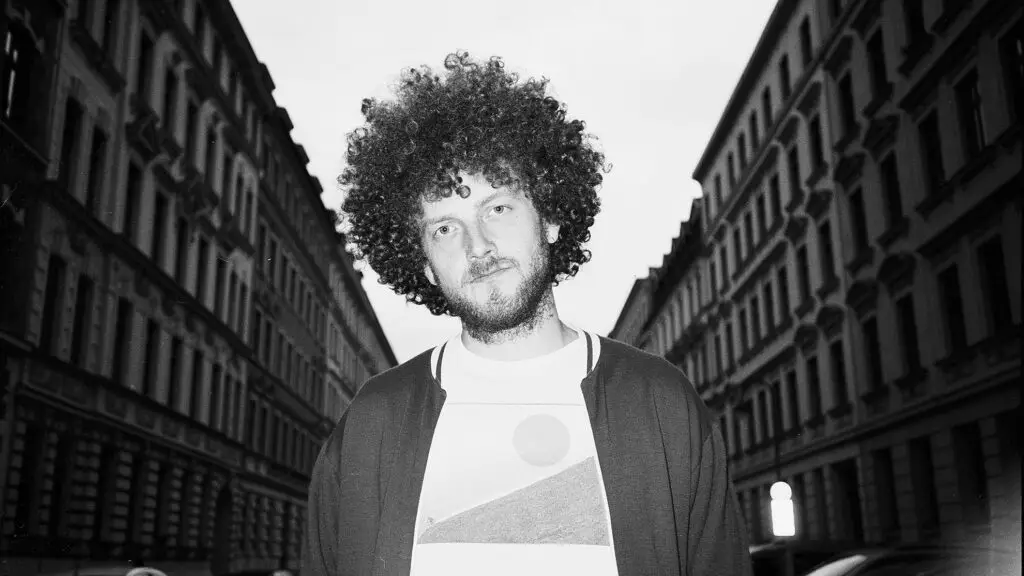
Daniel Klein is a drummer and composer based in Leipzig. His work unfolds at the intersection of acoustic improvisation, electroacoustic composition, and the design of hybrid performance systems. Rather than adhering to stylistic conventions, his practice is driven by a curiosity for edges, transitions, and the tools that shape sound.
He grew up in Frankfurt am Main, in a home steeped in music and art. His father worked as a sound engineer for the Frankfurt Ballet under William Forsythe, while his mother was an active singer across a variety of projects. Music was an ever-present backdrop to everyday life. A pivotal early encounter: attending a concert by the Art Ensemble of Chicago in 1991, aged six.
His formal training began with jazz drummer Jörn Schipper and later shifted towards classical percussion, studying under Dieter Steinmann and for over a decade with Detlef Schröder at Dr Hoch’s Conservatory. This period laid the foundation for a sensitivity to sonic detail, instrumental craftsmanship, and the notion of consciously sculpted sound. Listening became a form of practice. At the same time, playing in bands – from indie to metalcore to punk – expanded his musical vocabulary. A move to Berlin in 2010 deepened his interest in improvisation and composition. Engaging with jazz in its many forms, and especially the Black American traditions at its core, opened new perspectives on phrasing, articulation, and the balance between form and freedom.
A technical and artistic turning point came in 2018, when he composed music for a theatre production of Goethe’s Faust I & II at the ETA Hoffmann Theatre in Bamberg. For this project, he worked with a hybrid drum system using sensory percussion by sunhouse, surround sound, and Ableton Live. For the first time, his playing was integrated into an interactive, performative system. It was a return to the theatre – a space that had shaped him early on – and a step into new territory.
His current setup is modular and responsive. It doesn’t function like a conventional instrument, but more like a system that listens and reacts. It combines acoustic and electronic components, sensor arrays, control logic and interfaces that respond to movement, touch, and timing. This structure not only supports his playing – it actively shapes it. It sets boundaries, opens up spaces, initiates decisions. Within this framework, sound is understood less as expression and more as interaction – between tools, ideas, and conditions.
Alongside this, he continues to perform in purely acoustic settings, both solo and in ensembles. The hybrid system is central to his solo work, but it does not define the entirety of his practice.
His approach to sound is not rooted in disruption. It’s more akin to an ongoing conversation – with history, with technology, with aesthetics. Not: what was the drum set? But: what might it become? What instruments and forms might resonate in the near future – and how can they stay open while remaining grounded in where they came from?
Klein works across diverse contexts – solo, collaboratively, in theatre and other performative spaces. What connects these projects is a shared interest in how sound can shape time, direct attention, and shift perception. Music, in this view, is not a product. It is a way of creating relationships – between people, materials, and situations.